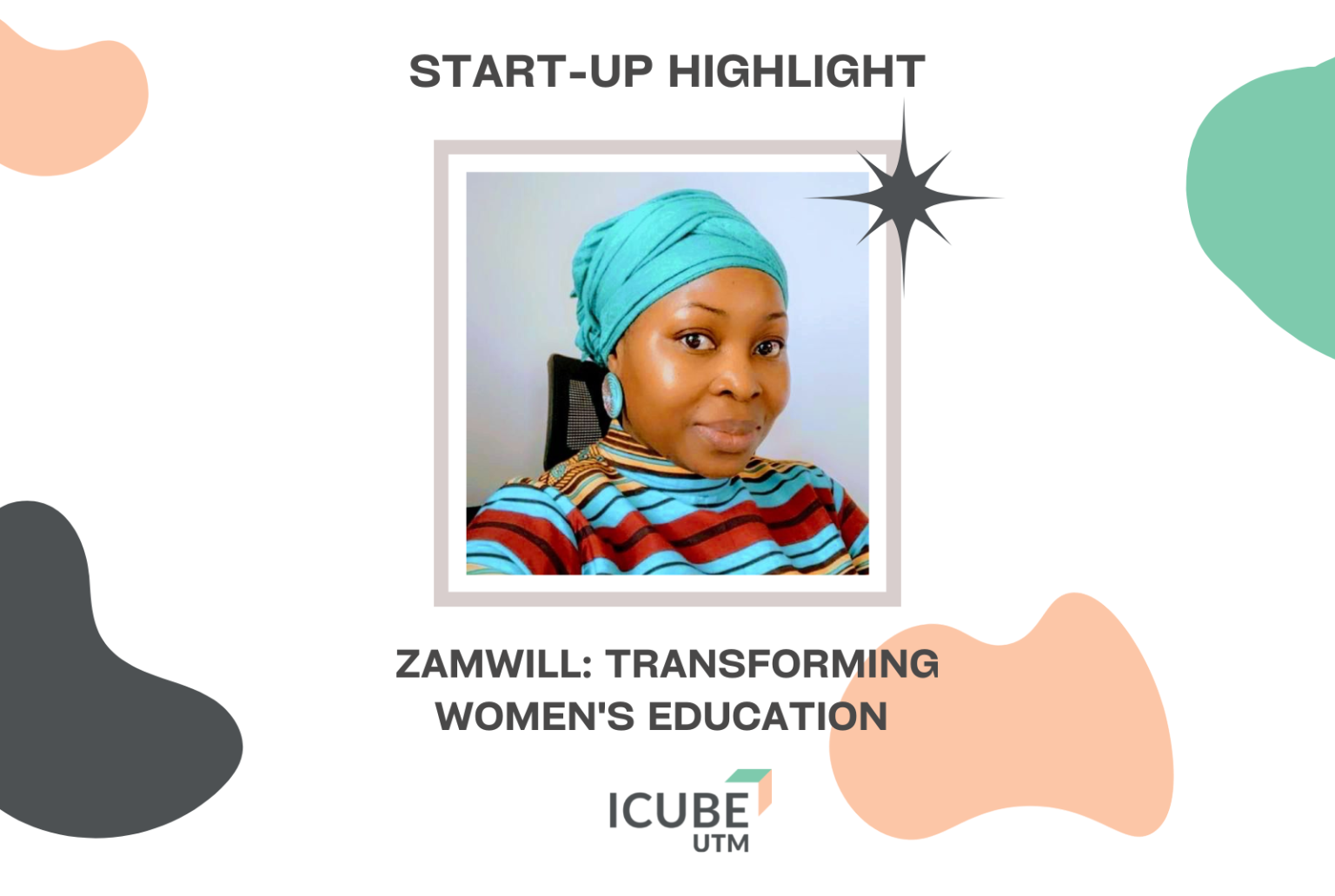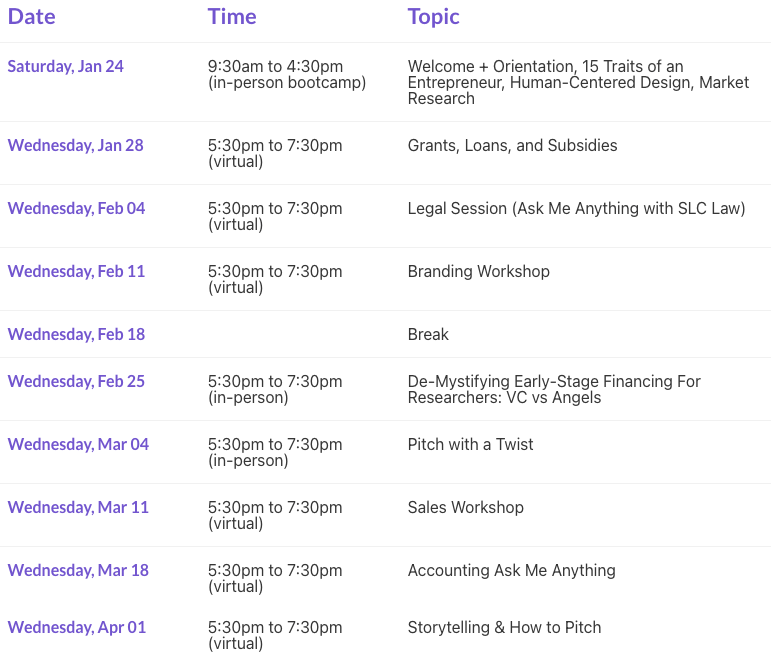Racheal Kalaba founded ZAMWILL after noticing the major challenges to the social
major gap in education for women in Zambia.“Education does not end when you’re in
school only, it is lifelong learning. Coming from a patriarchal society, I had to find like
minded people as myself to develop my mission,” Kalaba explains. “Our objective is to
empower and equip women with innovative skills for life after high school.”
Kalaba intends to establish ZAMWILL as a women-centered community space to
address important issues affecting women, girls, and other vulnerable groups in Zambia
and the African Diaspora. “We are focusing on expanding technology in supporting girls
in Zambian high schools. We currently have ten schools from ten districts to join our
upcoming Hackathon challenge and are training teachers to equip students with the
technology. Our design aims to equip female students to think innovatively and start
being familiar with technology to be better equipped for the social entrepreneurship
challenge,” Kalaba explains.
Kalaba acknowledges that the mission surrounding ZAMWILL is the toughest challenge
around SDGs. “Women are the center of all matters related to the socio-economic life of
every community. The issue of gender disparities too often results in poverty and
economic hardships for women, in both their family and commercial lives,” Kalaba
describes the problem that ZAMWILL intends to address.
Kalaba establishes that ZAMWILL understands the lack of opportunities, mentoring and
shared narrative for social entrepreneurs in Zambia. Therefore, ZAMWILL’s current
project goal is to be able to give creative entrepreneurship training that focuses on firm
management, technology, and leadership development for Zambian secondary school
girls. “We want innovation to be nurtured for these girls so that they can be able to use
this special skill set in their lives later on,” Kalaba states.
Kalaba goes on to address the main challenges for ZAMWILL currently. “As a woman, I
had several obstacles when establishing the board for ZAMWILL and obtaining
promises from the ministry of education. As a student, I had to put forth more effort and
I received little financial aid,” Kalaba asserts. Kalaba aims to get through the present
difficulties in time for the March hackathon with the help of ICUBE. “Because I only
recently joined ICUBE, my experience has been limited, I’m eager to leverage their
contacts and resources to research potential solutions for ZAMWILL’s current problems.
With the assistance of ICUBE, I want to grow ZAMWILL and find a socially creative way
to overcome the current challenges,” Kalaba says.
In honor of the people she is presently working with in Zambia, Kalaba expresses her
gratitude for their dedication to carrying out the ZAMWILL mission without
compensation. “With COVID recently, one can acknowledge how challenging it must
have been for schools that are not familiar with technology to give quality education to
students. We want to be the key drivers for students to be familiar with this technology
and prepare them to reach their entrepreneurial goals without the barriers posed.”
For more information, visit ZAMWILL’s website: http://www.zamwill.com/


